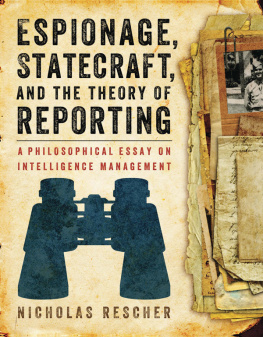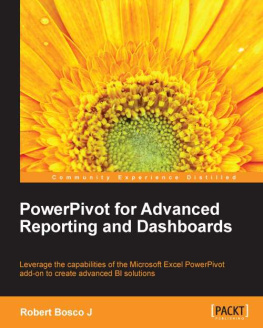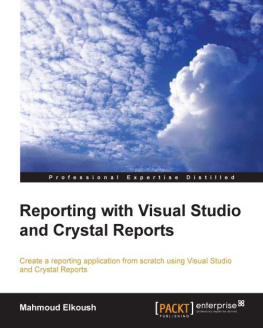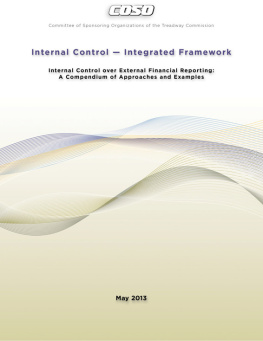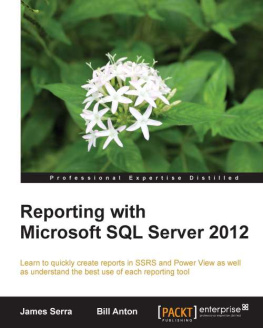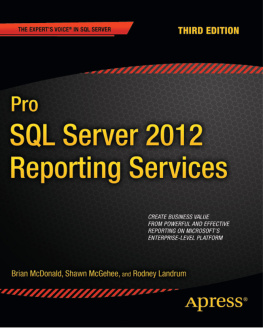Intelligent human interaction is impossible without report-transmitted information about the interpreter. Action and reaction in these matters is unavoidable. And the complexity to which it gives rise poses never-ending challenges in a way that makes the study of intelligence management at once challenging in its complexity and interesting in its impact on human affairs.
My brief involvement with military intelligence occurred when I served in the United States Marine Corps during the Korean War. When I entered the Marine Corps in 1952, I was assigned to intelligence and given the corresponding specialist classification 0300. But it soon transpired that I was needed elsewhere, and I spent the rest of my service stationed at the Marie Barracks in Washington, DC, as a mathematics instructor at the Marine Corps Institutes correspondence school. In the end, my interest in intelligence developed in a personal rather than professional capacity.
This book is greatly indebted to the excellent support I have received in the course of manuscript preparation from Estelle Burris, my invaluable assistant of many years standing.
INTRODUCTION
LIFE BEING WHAT IT IS, situations of competition and conflict are unavoidable among and even within human communities. And the rational management of conflicts is impossible in the absence of information about the capabilities and intentions of ones opponents. Obtaining reports of such matters becomes an indispensable goal. The very structure of organizations is defined by arrangements for who reports to whom.
The mythological patron of reporting is Mercury, the messenger of the gods, and the value of reporting has been acknowledged throughout history. Short of conversation, there is no form of human communication more extensive and prominent than reportage. Reports of one sort or another use our prime instruments for informed thinking, seeing that virtually the whole of what we know about what goes on in the world comes to us through reports. The topic of reporting has various philosophical dimensions: logical, epistemic, ethical, practical, and others. However, the present deliberations will focus on the epistemic dimension and will seek to integrate the rational theory of reporting into the wider setting of knowledge-related issues. The complexity of the overall problem-area is immense, and it is judicious to transit its components one at a time.
There are innumerably different type of reports: articles in newspapers, encyclopedias, reference books, accounts of travel writers, police reports, and on and on. In the present discussion, however, illustrations will be mainly developed with a view to the reports of diplomats andespionage agents. For the features of reports in general stand out with particular vividness here. Accordingly, the present book is emphatically not an essay on journalism but focuses predominantly on issues of diplomatic and military intelligence. It is predicated in the idea that the tradecraft of reporting in the context of intelligence operations opens an inductive window upon the epistemology of reportage.
While philosophers since Descartes have hankered for absolute certainty, this is simply unrealistic. What actually passes for knowledge among us in everyday life is information that enjoys reasonable assurance even if not categorical certainty. And most of this comes to us through reports of various kinds. Accordingly, the epistemology of reporting isand should beof paramount concern for us. To be sure, the philosophical skeptic, inclined to think that we really cannot know anything with adequate assurance, would propose to see all reports as functioning on the level playing field of undifferentiated unacceptability. As skeptics have generally themselves admitted, such a position can of course find no traction in the practical realm of human affairs and actionfor obvious reasons. Most of what we take ourselves to know is not something certifiable with the Cartesian certainty of clear and distinct knowledge but rather something possessed of suboptimal credibility and reliability. Our knowledge, like our domestic domicile, is built for use in standard and normal conditions: it is not an impregnable fortress. And reporting constitutes a prime sector of knowledge management.
Reports crowd upon us at every turnvia the media, in work situations, and even in casual conversation. Only some of the time do they really matter in their bearing on what we should be doing in the management of our affairs. But it is bound to happen, sufficiently often, that a clear understanding of the issues involved with reportage serves a constructive function, especially in the crucial area of matters of state.
It is not the aim of this book to engage with the technical issues of intelligence managementnor, for that matter, with the vast technical issues of information science, communication theory, testimony, and related formal disciplines. Rather its concern is with the most basic and fundamental issues of reporting practicewith special emphasis on matters of stats relating to statecraft and international and military affairs. Accordingly, the range of examples focus upon natural security reportage of the sort provided to a government by its diplomatic and intelligence reporting agents with a view to the management of matters of state. This is done not because it is typical of reportingthere is perhaps no such thing as typical reportagebut rather because the sorts of issues that arise with reporting in support of statecraft here occur with particular prominence. And so the reports that will primarily concern us here are those that address issues of intended conflict in warfare and diplomacythe reports of diplomatic and espionage agents. After all, intelligence information in matters of statecraft and of warfare, that continuation of politics by other means, afford the most vivid examples of need for and use of reports. Accordingly, the illustrative example to be given here will be drawn from this domainprimarily in the context of the vast mega-conflict of the Second World War.
The introduction of precision and clarity into deliberations about reporting is a much needed desideratum, and the present book will undertake some steps in this direction. The absence of a general introduction to the theory of reporting is regrettable, and it is the authors hope that his book will make a small contribution toward filling a regrettably regrettable gap.
The overall plan of the book stands as follows: It begins with an initial stage setting of the reporting process that locates it within the overall project of information management, to which we stand committedin the natural order of things. It then proceeds chapter by chapter to examine the principle components of reporting: the basic sources, the contribution of intent, the transmission of the message, and then matters of interpretation, evaluating, and utilization. The aim is to provide, step by step, a critical survey of the prospects and problems that characterize information reportage in intelligence matters.

